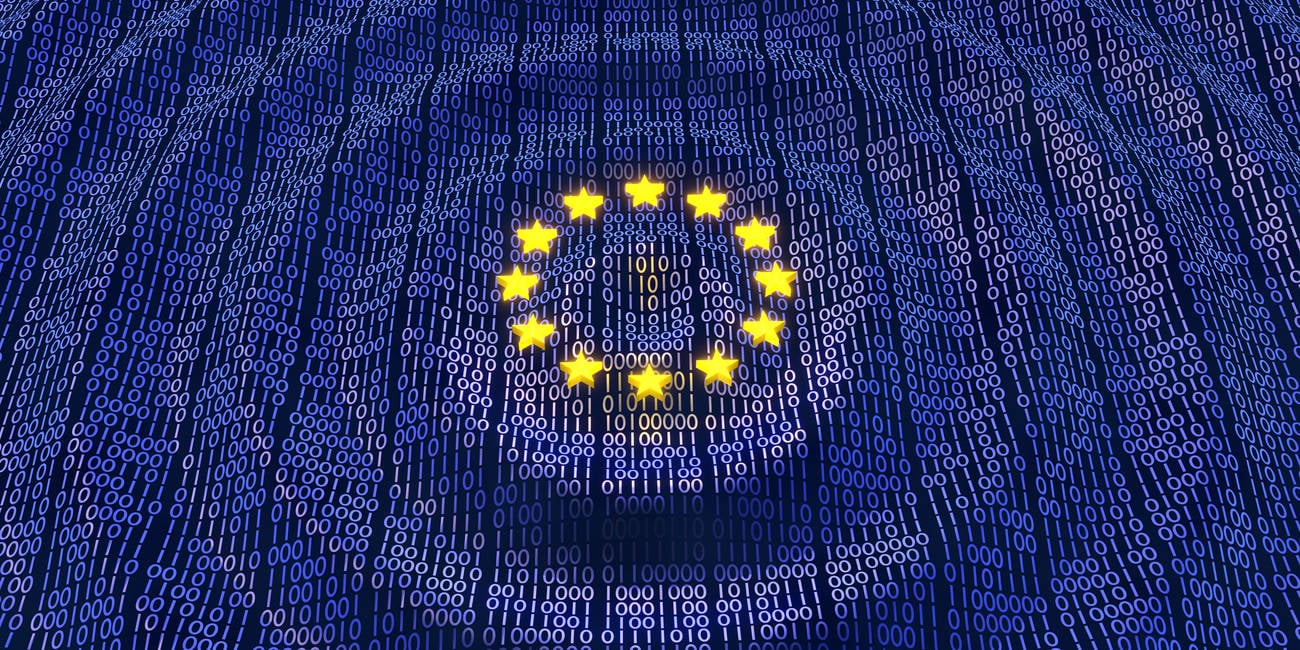Europe Plots Rules To Protect Tech Supply Chains From Foreign Influence

The European Commission is considering measures to restrict member nations and companies from outsourcing sensitive technologies to countries of concern – namely China and Russia.
Among the technologies targeted by the Commission's Economic Security Strategy [PDF] are AI, quantum computing, and advanced semiconductor tech.
In a speech Tuesday, commissioner Margrethe Vestager emphasized that this wasn't about decoupling Europe's economy, but rather about de-risking the region's supply chains. "We are focusing on the risks of our economic interdependencies being weaponized by third countries," she explained.
The trick is deciding what technologies, infrastructure, and services could pose a risk to national security if supply chains are disrupted, or if certain technologies are exploited. The measures also include provisions intended to stem the flow of intellectual property – particularly that with the potential to be turned against the European Union or its allies.
If any of this sounds familiar, that's because European countries have been grappling with these issues on an individual basis for years. One of the highest profile examples has been an ongoing effort to eliminate Huawei equipment from European telco networks over concerns about the vendor's ties to the Chinese government.
Just last week, commissioner Thierry Breton warned that European nations' failure to remove this equipment from their networks was putting the entire Union at risk.
Meanwhile, US sanctions against the Chinese semiconductor industry have called attention to Chinese investment in European tech companies, and raised concerns over the potential for intellectual property theft.
It's suspected that a former ASML employee accused of stealing trade secrets about advanced chipmaking equipment was actually a Chinese spy. ASML is the sole provider of extreme ultraviolet (EUV) lithography technologies – used by the likes of Samsung and TSMC to produce the most advanced chips in the world. Under pressure from the US, the Netherlands has blocked the sale of EUV and older deep ultraviolet lithography equipment to China.
- Another redesign on the cards for iPhone as EU rules call for removable batteries
- Germany to subsidize Intel €10B for 'Silicon Junction' fab
- Micron warns China's ban could cost it $4 billion annual revenue
- EU boss Breton: There's no Huawei that Chinese comms kit is safe to use in Europe
The security measures under consideration by the European Commission don't explicitly target China. Beyond the commissioner's statements, the documents released Tuesday make no reference to China – though Russia is directly named.
Vestager emphasized that the proposed security measures are intended to be country agnostic – but acknowledged the concerns previously raised by EU president Ursula von der Leyen regarding Russia's threat to energy security and concerns over corporate espionage by Chinese firms.
Despite the Commission's hesitance to name China, the nation is clearly a focus. Many of the proposed rules are likely to have sweeping implications for Chinese businesses operating in the EU.
The exact terms of the EU strategy are not yet set in stone. The Commission is slated to explore the plan in greater detail later this month, with the intention of adopting the rules by September, and completing risk assessments by the end of the year. ®
From Chip War To Cloud War: The Next Frontier In Global Tech Competition
The global chip war, characterized by intense competition among nations and corporations for supremacy in semiconductor ... Read more
The High Stakes Of Tech Regulation: Security Risks And Market Dynamics
The influence of tech giants in the global economy continues to grow, raising crucial questions about how to balance sec... Read more
The Tyranny Of Instagram Interiors: Why It's Time To Break Free From Algorithm-Driven Aesthetics
Instagram has become a dominant force in shaping interior design trends, offering a seemingly endless stream of inspirat... Read more
The Data Crunch In AI: Strategies For Sustainability
Exploring solutions to the imminent exhaustion of internet data for AI training.As the artificial intelligence (AI) indu... Read more
Google Abandons Four-Year Effort To Remove Cookies From Chrome Browser
After four years of dedicated effort, Google has decided to abandon its plan to remove third-party cookies from its Chro... Read more
LinkedIn Embraces AI And Gamification To Drive User Engagement And Revenue
In an effort to tackle slowing revenue growth and enhance user engagement, LinkedIn is turning to artificial intelligenc... Read more

